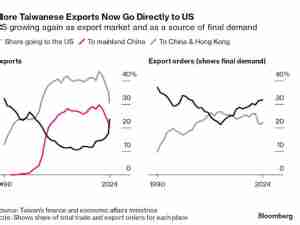Senators struggling to negotiate a deal on a Russia sanctions package acknowledged Monday they are considering instead a non-binding resolution expressing support for Ukraine.
Democrats have sent Republicans another offer on the package, which lawmakers have hoped would deter Russia from an invasion of Ukraine. But the Senate plans to leave Washington for a week-long recess at the end of this week, giving lawmakers just a few days to strike a deal that has eluded them for weeks.
“So, either we’re going to have the sanctions package that somehow can be, with consent, brought to the floor,” said Senate Foreign Relations Chair Bob Menendez, a New Jersey Democrat. “Or we should express the Senate’s position vis-a-vis the support of Ukraine at a minimum before we leave.”
Senate Intelligence Chairman Mark Warner said the Senate should vote on a resolution or a statement that shows “we in the Senate are unified.” Warner, a Virginia Democrat, spoke after receiving a briefing from National Security Adviser Jake Sullivan and said this week would be a “very, very dangerous week.”
Senator Jim Risch of Idaho, the top Republican on the Foreign Relations Committee, said a resolution would send a message to Moscow that Republicans and Democrats are united in supporting Ukraine.
The Biden administration has warned that Russia could invade Ukraine as soon as this week, although Russia has denied any plans to move against its neighbor.
“If there is an invasion, there isn’t going to be a whole lot of space between Republicans and Democrats as far as where we’re going,” Risch said in an interview. “And I think that that’s the objective in a resolution or a statement.”
Menendez told reporters that Democrats’ latest offer addressed Republican concerns. “Hopefully they’ll take yes for an answer,” he said.
Risch said he would review the proposal and respond in the coming days.
The two parties had previously disagreed about secondary sanctions on Russian banks, preemptive sanctions to be levied before an invasion and the wording around potential sanctions on the Nord Stream 2 gas pipeline from Russia to Germany.







